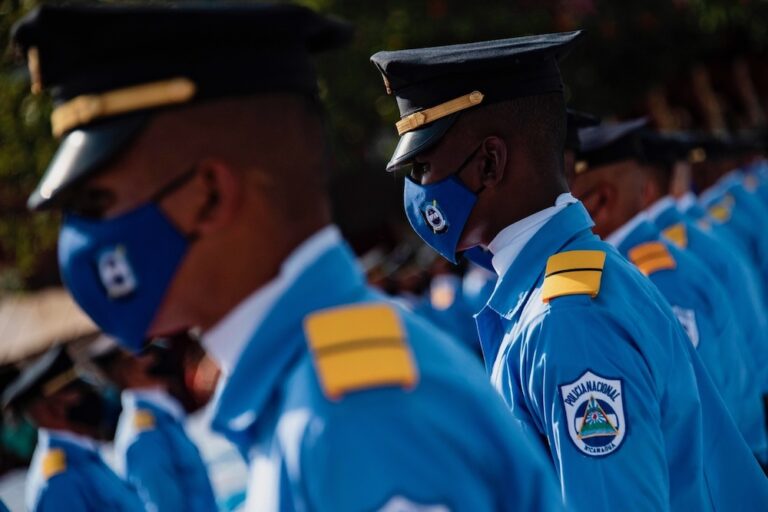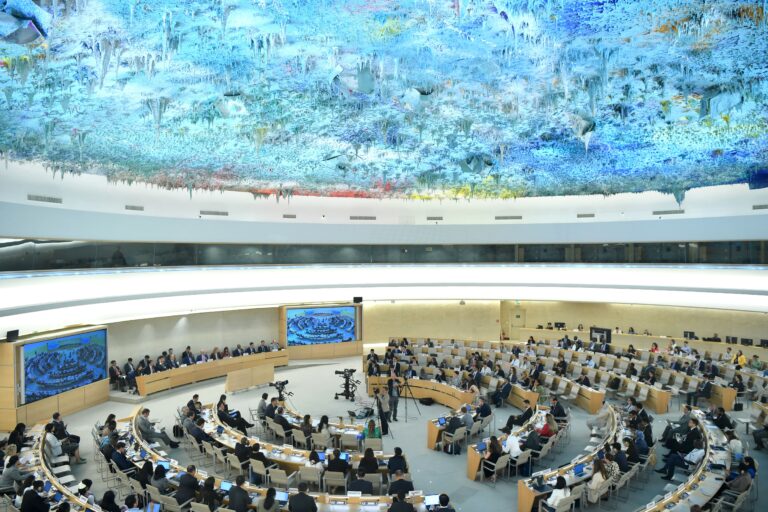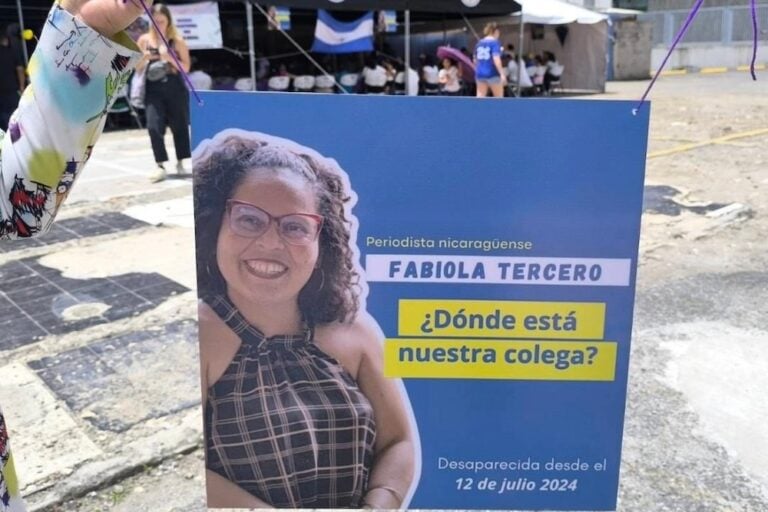(RSF/IFEX) – The following is a 7 August 2001 RSF press release: Journalist assault by President Alemán In a letter to Human Rights attorney Benjamin Pérez, RSF expressed concern over the assault on Eloísa Ibarra, journalist for the daily El Nuevo Diario, by Nicaraguan President Arnoldo Alemán. RSF asked the attorney to open an investigation […]
(RSF/IFEX) – The following is a 7 August 2001 RSF press release:
Journalist assault by President Alemán
In a letter to Human Rights attorney Benjamin Pérez, RSF expressed concern over the assault on Eloísa Ibarra, journalist for the daily El Nuevo Diario, by Nicaraguan President Arnoldo Alemán. RSF asked the attorney to open an investigation into the journalist’s accusations against the president. “If this is true, it is inconceivable that a president, who claims to be democratic, does not present his excuses and does not reiterate publicly his commitment to respecting press freedom,” stated RSF Secretary-General Robert Ménard. Arnoldo Alemán’s term of office, which ends in November 2001, has been marked by tense relations with the press.
According to information collected by RSF, Eloísa Ibarra, from the daily El Nuevo Diario, was assaulted by President Arnoldo Alemán, on 1 August 2001. In an article in the newspaper, published on 2 August, the journalist confirmed that, while she asked the president about the famine affecting the north and northeast of the country, he violently grabbed her wrist, calling her an “incorrigible Sandinista” (from the opposition name, Sandinista National Liberation Front, Frente Sandinista de Liberacion Nacional). According to Eloísa Ibarra, a former government member pointed out that the president was drunk in order to justify his behaviour. In a press release, the president refuted these allegations and accused El Nuevo Diario of carrying out “a hateful smear campaign against the president and members of his government.” Eloísa Ibarra recalled that she had already suffered a similar assault by President Alemán in December 2000. At that time she had asked about the alleged protection provided by the Nicaraguan authorities to a Mexican fugitive.
On 29 June 2001, the daily El Nuevo Diario reported that it had not been granted any official advertising by the government. According to the newspaper, the authorities furthermore instructed a number of ministries and institutions to cancel their subscriptions. The government did not provide any rationale for these measures and the fact that they were both implemented at the same time is said to be “coincidental” by Presidential Spokesperson Martha McCoy. According to the daily, the measures were not intended to punish El Nuevo Diario for a specific article, but rather were a “reaction to the newspaper’s critical opinions and its ongoing reports on corruption.” Noting that El Nuevo Diario was forced to reduce its purchase of newsprint and its number of pages, the newspaper’s editor-in-chief, Francisco Chamorro, protested President Aleman’s intent to “have the newspaper disappear from the stands.” In August 2000, the daily La Prensa also reported that it had been discriminated against in terms of receiving official advertising and as a result was forced to drastically cut down on the number of pages it could print. The newspaper spoke of the government’s “advertising penalty.”


